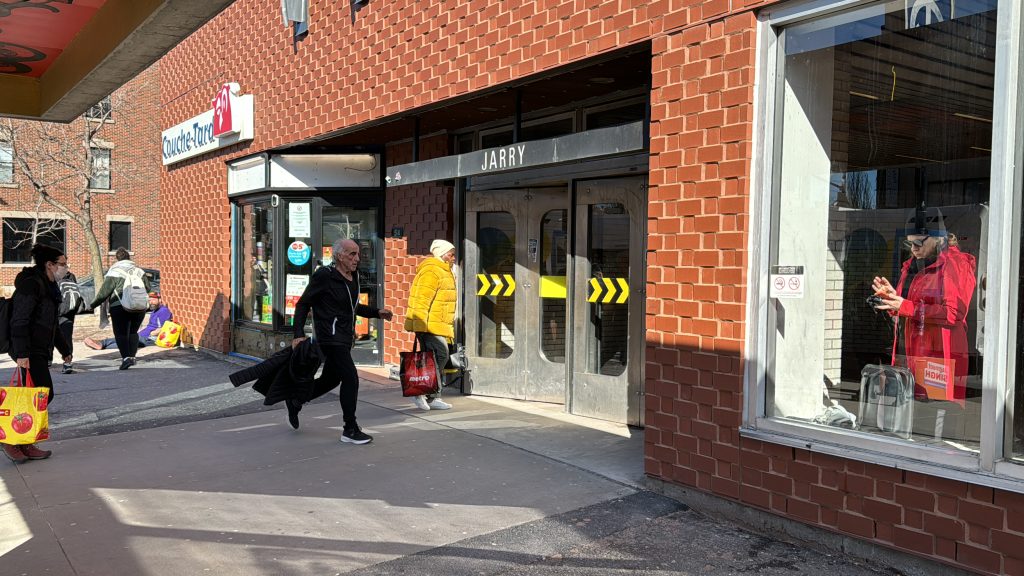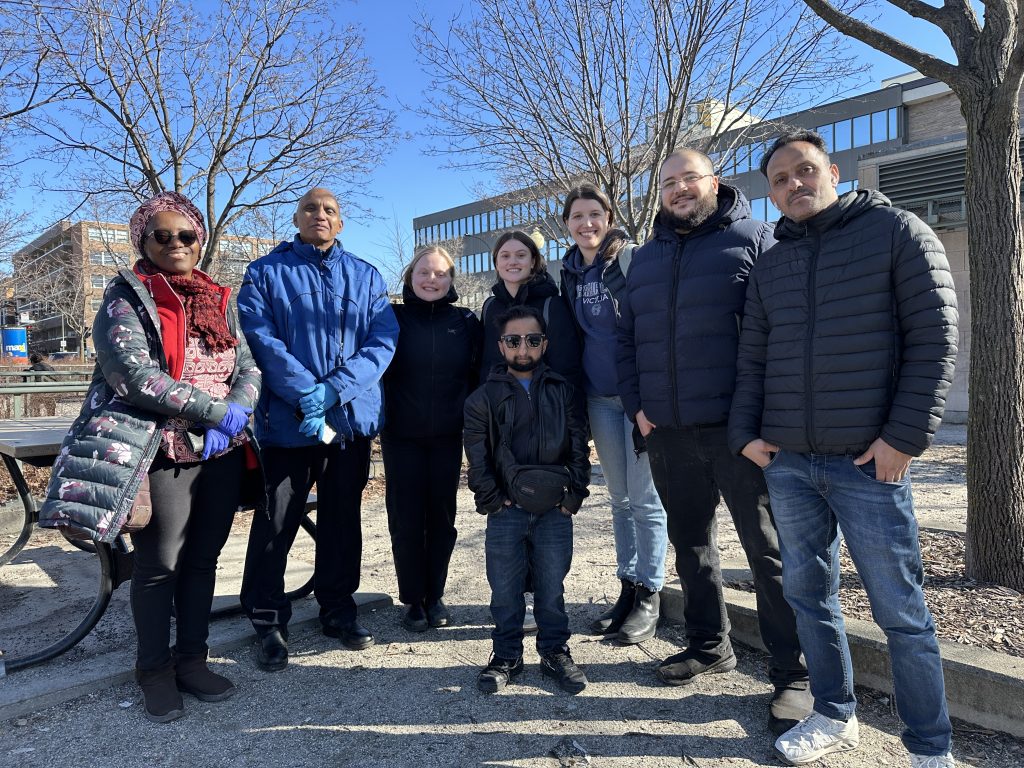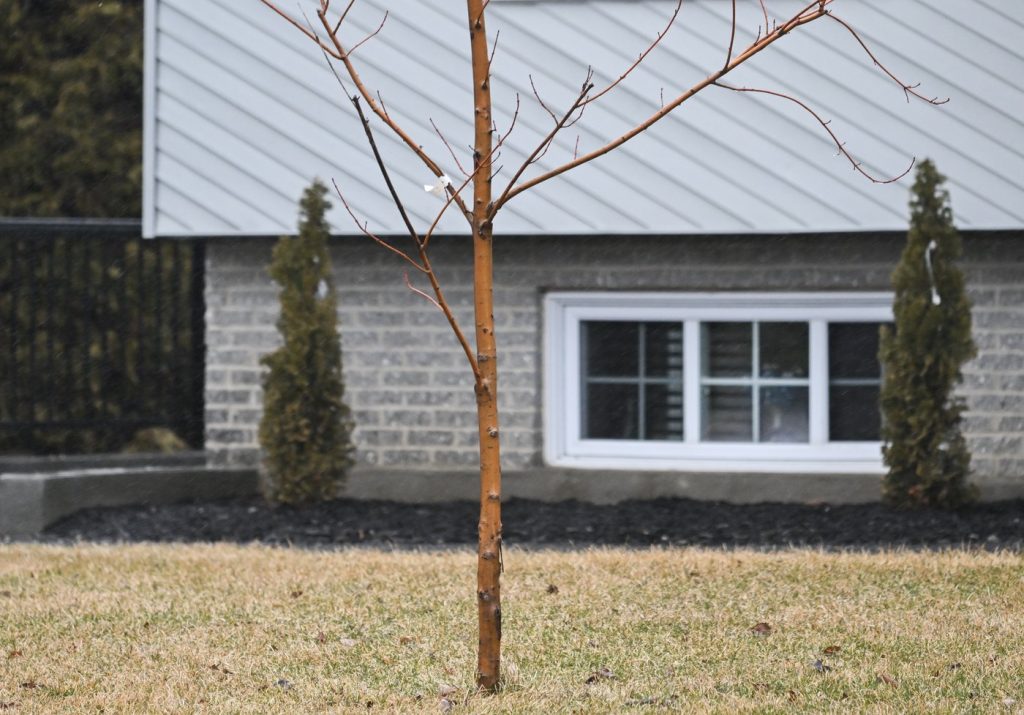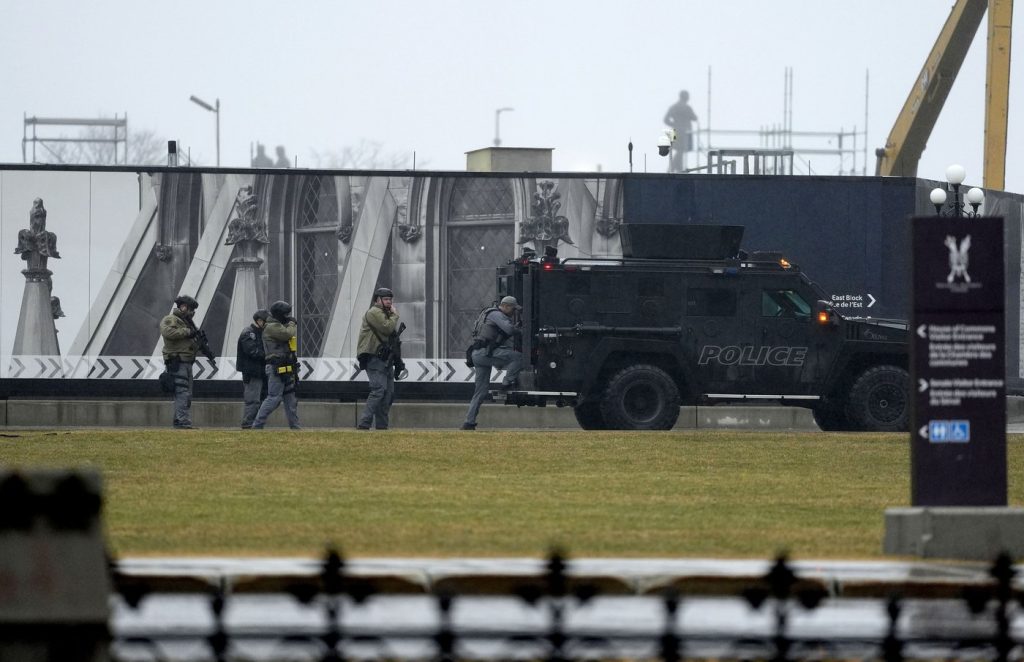‘A long way to go’: Quebec slow to implement Viens Commission recommendations, says ombudsman

Posted October 4, 2023 10:33 am.
Last Updated October 4, 2023 6:50 pm.
The Quebec government still hasn’t addressed many inequities outlined in the calls to action from the Viens Commission on relations between Indigenous peoples and public services, according to a follow-up report by Quebec Ombudsman Marc-André Dowd.
The 149-page report released Wednesday morning says the government has made efforts to improve First Nations and Inuit relations with public services and increase Indigenous access to these services, but only “piecemeal ones” and many priorities remain unresolved.
“They’re priorities that have to be tackled head on immediately,” says Marc-André Dowd, in a press release.
The Ombudsman says public authorities do not have an overall strategy, developed jointly with First Nations and Inuit authorities, for implementing the various calls for action in order to achieve desired outcomes.
“They know what they need, and we need to understand completely what their needs are and develop the services with them,” said Claude Dussault, Deputy Ombudsman, Public Integrity, User Services and Special Mandates. “It’s what we call the concept of co-construction.”
Of the 142 calls to action, 11 have been implemented, 34 are underway in a satisfactory manner, 56 are underway in an unsatisfactory manner, no action has been taken on 33 of them and eight are still being analyzed.
“Globally, 32 per cent of the calls for action were either realized or on a good road to do it, but clearly one sector where a lot of work still has to be done is the youth protection,” says Dussault.
“I’m aware of the magnitude of the changes required. It stands to reason that some of them will take longer than others depending on the extent of the issues. However, I see that initiatives are piecemeal and that no progress has been made on urgent reforms,” says Dowd. “For example, even though Indigenous children continue to be over-represented within the youth protection system, we’re a far cry from seeing the corrective action needed.”
The Viens Commission was established in 2016 by the government following alleged police brutality against Indigenous women in Val-d’Or in Abitibi-Témiscamingue.
“We knew that it wasn’t going at the speed that we would have liked to see it go,” said Robert Bonspiel, president and director general of First Nations Paramedics. “But that being said, we kind of hoped that there was a lot of work being done behind the curtain, it doesn’t seem to be that that’s the case.”
#WATCH: "We knew that it wasn't going at the speed that we would have liked to see it go," says Robert Bonspiel of First Nations paramedics, on Quebec still having a long way to go in terms of implementing calls to action from the Viens Commission.
READ: https://t.co/r8Cktbn00H pic.twitter.com/GNkkm2WHeZ
— CityNews Montreal (@CityNewsMTL) October 4, 2023
The Viens Commission’s final report was released in September 2019, containing 142 calls for action, including that the Quebec government should apologize to First Nations and Inuit for the harm they have endured as a result of provincial laws, policies and practices, which was done on Oct. 2, 2019.
“Anyone can say I’m sorry, but then not actions need to follow the words,” Lynn Pathwalker Bourque, an Indigenous health navigator. “It’s not just words, you need to follow with actions and we haven’t seen that.”
“For ourselves at First Nations Paramedics, we concentrated on specifically the articles of the calls to action that related to emergency medical access and Indigenous communities which were indicated as a priority within the government, within the within the Commission itself,” said Bonspiel.
“An example of Article 77, which basically indicates that there is no EMS systems that are in the Indigenous communities within the province of Quebec. That’s 41 indigenous communities with the exception of two.”
READ: Quebec premier apologizes to First Nations, Inuit for discrimination
The report also included a request for the government to mandate the Ombudsman to follow up on the Commission’s calls for action until they are fully implemented.
Some of the priorities that need to be implemented, according to Dowd, is firstly for the government to work with First Nations and Inuit representatives to develop a major initiative aimed at enshrining the United Nations Declaration on the Rights of Indigenous Peoples in Quebec’s legislative framework.
“If certain things are actually implemented and put into place, such as including the indigenous community members who have a lot to say,” said Pathwalker Bourque.
Quebec also needs to develop, “as a matter of urgency,” a long-term strategy for meeting housing needs in Indigenous communities; increase access to justice services for the population of Nunavik; abolish and prevent all forms of discrimination against First Nations and Inuit in health and social services; Aim for concrete results in the area of youth protection for First Nations and Inuit, with an emphasis on self-determination.
The report states that the underperformance is based on the lack of an overall strategy by the government, a lack of substantive planning based on coordinating the main authorities, fragmented initiatives that limit systemic change; the fact that the opinions of First Nations and Inuit representatives expressed at forums and committees are not fully take into account, and more.
Province moving forward on Viens Commission recommendations
Of the 13 calls for action concerning police services: only one has been fully implemented, four are progressing as expected, eight have not generated any satisfactory outcomes.
Of the 18 calls for action concerning correctional services: only one has been fully implemented, seven are progressing as expected, 10 have not generated any satisfactory outcomes.
Of 34 calls for action concerning health services and social services: only one has been implemented, nine are progressing as expected, 24 have not generated any satisfactory outcomes.
“We do hope that in a couple of years here, we’re going to reach at least the 50 per cent benchmark and keep going in that direction,” said Dussault. “We have to understand that the reconciliation process is a long-term process. It won’t happen tomorrow, but we have to keep focused on it and keep moving in the right direction.”
For the Indigenous community, the path forward isn’t moving fast enough.
“I really do believe that we can move forward and we need to do it like many moons ago not just analyze and discuss but take action,” said Pathwalker Bourque.








